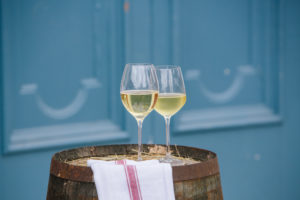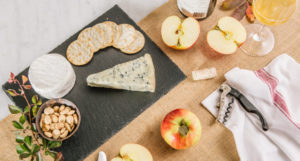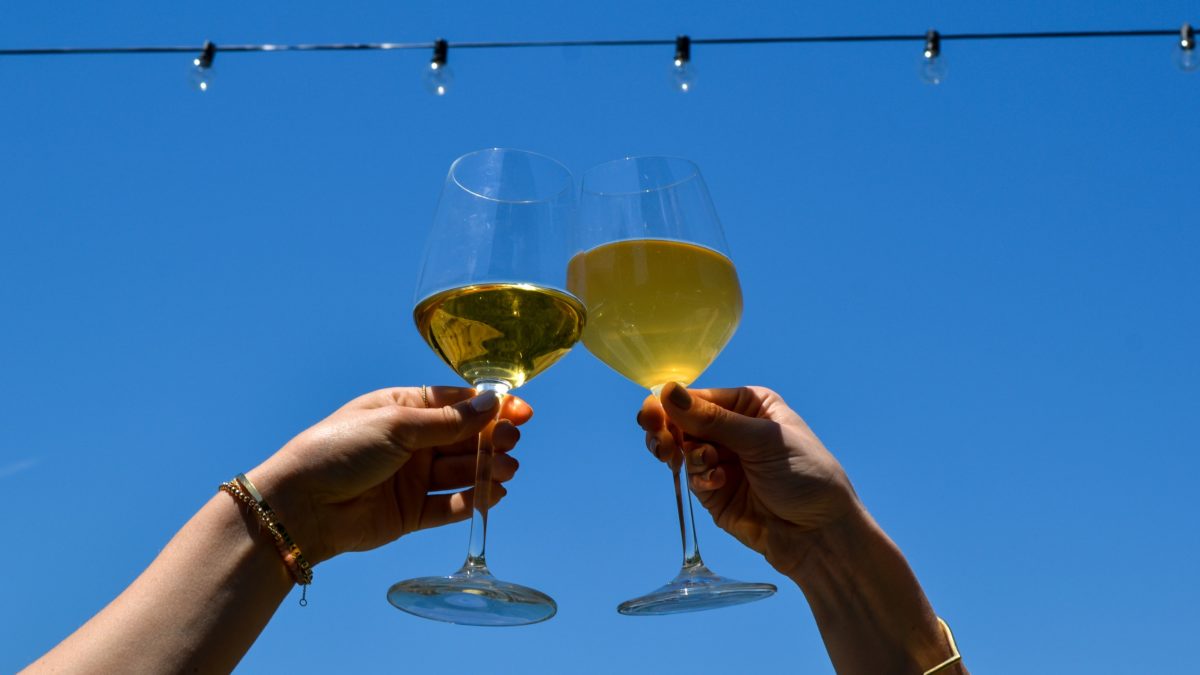Cider has been around the block and has the past to prove it… Discover surprising and entertaining kernels about this delightful boozy sip.
The Apples Matter
The apples matter. Fine heritage cider is made with cider-specific apples. Not the apples you found in your lunchbox. It’s like wine. There is a difference between grape juice and pinot noir. It’s the same with cider apples. The fruit is important. Cider apples are packed with character and flavor, which are reflected in a glass of heritage cider.
Like Champagne
Some people make ciders like champagne. Really. When you use this fermentation process with a cider, it’s called methode champenoise.
Creative Apples
Apples are crazy creative. No apple seed grows the same thing, ever. It’s like every apple seed has its own unique fingerprint. To grow the same type of apple again and again you have to graft part of that tree (scion wood) onto an existing tree (which is called root stock).
That’s a Lot of Apples
It takes about 36 apples to produce one gallon of hard cider.
Quirky Names
Cider apples have fabulous, quirky names. Newton Pippin, Kingston Black, Winter Banana. Northern Spy. Just to name a few. We think Northern Spy would make a great movie title too.
Drink of the Pilgrims
Cider was the drink of the pilgrims, since ground water was potentially dangerous. So the early colonists had just a little more fun than you think.
Range of Flavors
Cider doesn’t just taste like apples. In fact, that’s a little like saying that great wine tastes like grapes. It has an aroma and unique set of notes that evoke all sorts of difference tastes – from herbs to grapefruit to caramel.
Spitter Apples
“Spitters” is a term of praise. Some great apples that are perfect for cider making taste just awful if you take a bite. These cider apples are nicknamed after what you will probably do after a bite. Raw, they can taste like a teabag. But they create incredible, sophisticated ciders…
So many apples!
There are over 10,000 varieties of apple. Who knew? Now you do.
“Hard” Cider
Only Americans feel the need to call it “hard” cider. Everywhere else in the world cider is just cider. Alcoholic cider is the result of a natural fermentation process. So don’t be confused. It’s not spiked, like “hard lemonade”. The fermented juice of apples is just cider. Simple.
Apple Origins
Apples are originally from Kazakhstan. Yup. That’s the original Garden of Eden.
Cider Terroirs
Terroir isn’t just for grapes. Climate, rainfall, soil and temperature all impact the characteristics of fruit. Cider makers are discovering how a single variety can make a different cider when it is grown in different places. When you taste a cider, you are not just experiencing the art of the apple, but a specific place and time too.
Ancient Roman Technique
The first apple presses were re-worked olive presses. Courtesy of the Ancient Romans. Industrious as always, they wanted to keep using those expensive machines as much as possible. Very clever.
Holy Cider
Some say that in the middle ages, babies were baptized in cider because water could be unsanitary.
Medieval Apples Get a Bad Rap
In Latin, the worlds for apple (“mālum”) and for evil (“mălum”) are almost identical. This may be why the apple was assumed to be the forbidden fruit of the Garden of Eden. It was probably a pomegranate. But apples take the blame in most medieval paintings.
Environmentally Friendly
Cider apple orchards can be more environmentally friendly. When apples go into a bottle, they don’t have to be pretty. So cider makers can use more fruit from the harvest.
Advice from Benjamin Franklin
“It’s bad to eat apples. It is better to turn them all into cider.” – Benjamin Franklin. Healthy advice from our founding father.
Inspiring Physics
According to popular legend, Isaac Newton discovered the principle of gravity after watching an apple fall from a tree. So yes, apples inspired the entire field of physics.
Cider Lovers in MA
At one point in the 1800s, the average resident of Massachusetts was consuming 35 gallons of cider a year. Nice work, Bay State.
Gluten Free
Cider is naturally gluten-free, yay!







